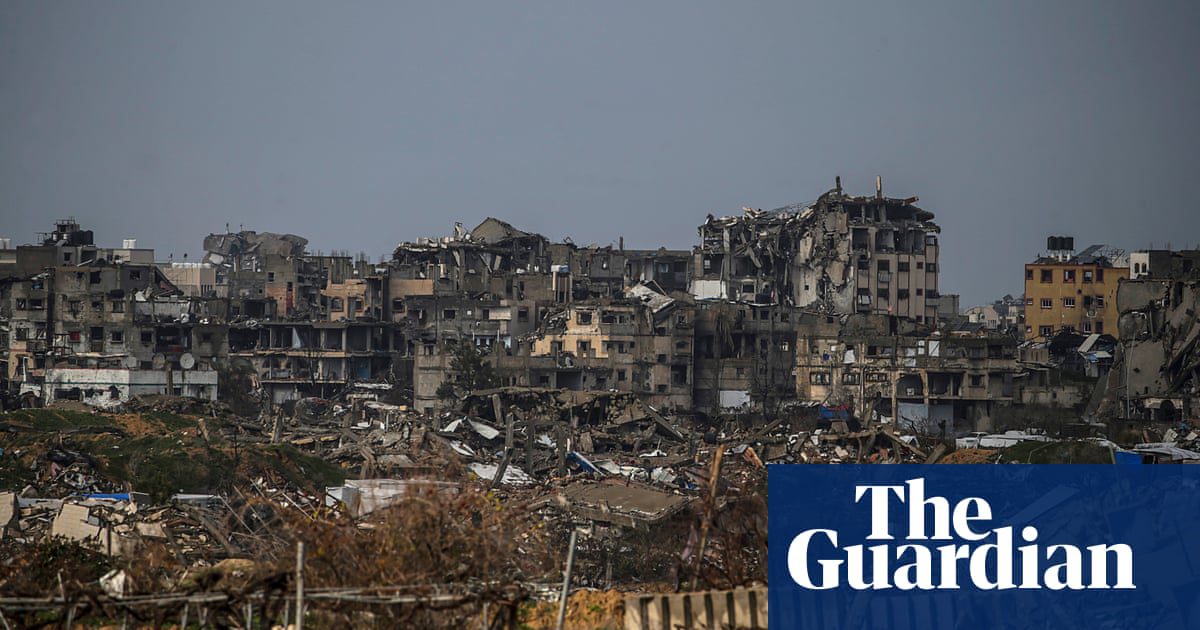
Hamas finds itself at a critical crossroads as the Israeli military increases troop deployments around the Gaza Strip, and the three-week-old ceasefire shows signs of instability.
On Monday, the Palestinian militant group unexpectedly announced a postponement of the anticipated release of three Israeli hostages over the weekend. They cited perceived violations of the truce by Israel, including delays in returning Palestinians to northern Gaza, hindrances to aid deliveries, and attacks on civilians. Nevertheless, Hamas expressed its desire for the ceasefire to persist, insisting that mediators have five days before the handover to ensure Israel “adheres to its commitments and compensates for previous weeks.”
There are also underlying reasons for Hamas’s decision that remain unspoken.
Hamas officials keenly observe Israeli political dynamics and public sentiment. They noted the outcry surrounding the debilitated condition of the three hostages released last weekend, which drew parallels with images of Holocaust survivors from the hostage families forum.
If Hamas is prioritizing the release of the healthiest captives first, they may be concerned that those left behind are in worse condition, leading to a backlash in Israeli public sentiment that could drive calls for renewed military action in response to the treatment of the hostages.
Like the rest of the world, Hamas is also navigating the unpredictable nature of Donald Trump’s policy decisions. The president’s abrupt announcement last week regarding U.S. plans to “develop” the Gaza Strip received widespread international criticism.
While Hamas did not directly address Trump’s proposal in its statement on Monday, his declaration effectively jeopardizes the next phases of the ceasefire agreement—namely, the cessation of hostilities and discussions about future governance in Gaza—leaving the group with limited alternatives.
Trump’s reaction to the delay in the hostage release heightened tensions further. He has now demanded that Hamas release “all” remaining Israeli hostages by Saturday, although he recognizes that the final decision rests with Israel. Prime Minister Benjamin Netanyahu has strategically left his position ambiguous to maintain flexibility, refraining from expressly supporting Trump’s latest demand.
In response, Hamas has downplayed Trump’s new ultimatum, stating that “the language of threats holds no value and only complicates matters.” Nevertheless, the group now faces three potential paths ahead.
Firstly, it could accept its losses and proceed with its threat to delay the planned hostage release, which would likely reignite hostilities. Resuming conflict may lead to another mass displacement of Palestinian civilians to southern Gaza and severely aggravate the humanitarian crisis, but it would allow Hamas to maintain its bargaining power without relinquishing more hostages.
Secondly, Hamas could call Trump’s and Israel’s bluff by releasing more than three hostages. While it may be logistically impossible to hand over all 76 remaining captives—many of whom are deceased—it could feasibly return the eight living captives scheduled for release, effectively prompting earlier negotiations on subsequent phases of the ceasefire.
Lastly, Hamas is aware that if it follows through with the planned release of the three hostages on Saturday, Israel is unlikely to withdraw from the ceasefire agreement. This option would help sustain the truce and mitigate Trump’s threats, though it could provoke a harsh response from the president.
A decisive move from Hamas is expected by Friday night when the group is set to announce the names of the three hostages designated for release. Failure to do so could provide Israel with the justification needed to resume military action, backed by Trump’s support—an outcome that would enable Netanyahu to keep his right-wing coalition government intact.
The future of the ceasefire in the Gaza Strip hangs precariously after merely three weeks, casting doubt on its sustainability. Over 2 million residents in Gaza, alongside hundreds of Israelis yearning for the return of their loved ones, anxiously await the outcome.









